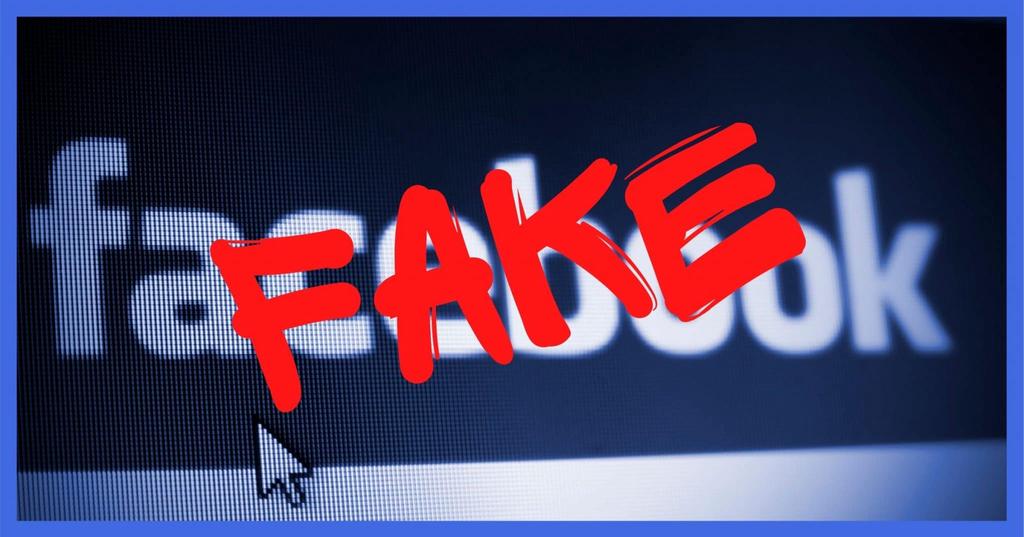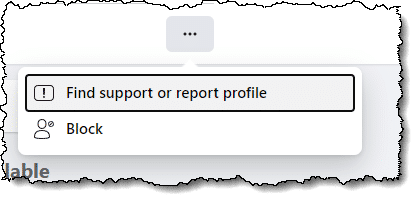
This is a common situation that leads people to think their Facebook account has been hacked -- but they're wrong.

Question: My friends are telling me that I’ve been sending out friend requests to them on Facebook, but I haven’t. Have I been hacked?
“Don’t accept any friend requests from me, my account has been hacked!”
We’ve all seen that message on Facebook. Someone got reports of friend requests they didn’t send, so they post a message to all their friends that they’ve been hacked.
No, you have not been hacked. Not at all. This is a sign of something else completely — something completely out of your control.
Indeed, your friends should not accept more friend requests from you — because it’s not you.

You can’t friend-request your existing friends. Any friend requests your friends see are from impersonation accounts. Your friends should not accept the friend requests and should report the fake accounts to Facebook. Hackers use this technique to eventually impersonate you and attempt to scam your friends.
It’s pretty simple: if someone is already your friend on Facebook, you can’t send them another friend request . That would be redundant because they’re already your friend.
If the only symptom is that some of your (already) friends on Facebook are asking you why you sent them a friend request, it’s extremely unlikely that your account has been hacked.
Your account wasn’t even involved.
Change your password if you like, but telling all your friends “I’ve been hacked” is incorrect. You haven’t been.
But what if you’re certain you’ve been hacked? That’s here: Facebook Hacked? What You Need to Do NOW!
What’s more likely to have happened is this.
Other than viewing your photos and friends, your account was never involved .
Most importantly, your account was never compromised.
So what do you do about it?

Your friends who received these friend requests should go to the account in question and report it to Facebook.
Make sure your friends report the impersonator, not you.
Or you can tell your friends to simply ignore the friend requests because you’re already friends ,and those requests are coming from a fake account.
Why do some people try to create these fake accounts and connect with your friends?
My theory is that it’s to prepare for scams and abuse to come.
Perhaps sometime in the future, after you’ve all forgotten about this, they’ll use the fake account to reach out to their “friends” (your friends they fooled into connecting with the fake account), pretending to be you, and ask them for something. Usually, it’s some form of scam.
While that’s annoying, it’s not on you. Your account had nothing to do with it, and you have not been hacked.
Stay vigilant, of course. Make sure your account is secured properly with a strong password, two-factor authentication, and that you keep all the recovery information up to date.
That’s just good security, but it won’t stop these impersonation attacks. Those are out of your control.
What’s most important is to recognize them for what they are, not panic, and just report the fake account .
Stay on top of the latest scams and learn how to avoid them. Also, subscribe to Confident Computing! Less frustration and more confidence, solutions, answers, and tips in your inbox every week.
The most common way Facebook accounts get hacked is by successful phishing attacks. You receive a legitimate-looking email leading you to sign in to your Facebook account — except it wasn’t legitimate, and what you’re signing into isn’t Facebook. It’s a fake site used to collect your sign-in information. The hackers then use that information to compromise your account.
You cannot get hacked by opening a Facebook message, but you can get hacked by clicking on a link in a Facebook message. That link takes you away from Facebook — typically to the hacker’s site — where they may try to phish you, install malware, or otherwise attempt to compromise your account. Don’t click on links in Facebook messages unless you know who they’re from and are certain they’re legitimate. (In other words, treat them just like email.)
Changing your password on Facebook is the first thing you should do if you believe your account has actually been hacked. If successful, this will prevent the hackers from doing further damage. If you cannot change your password, then the hackers have already changed it themselves and you’ll need to attempt the Facebook account recovery process.